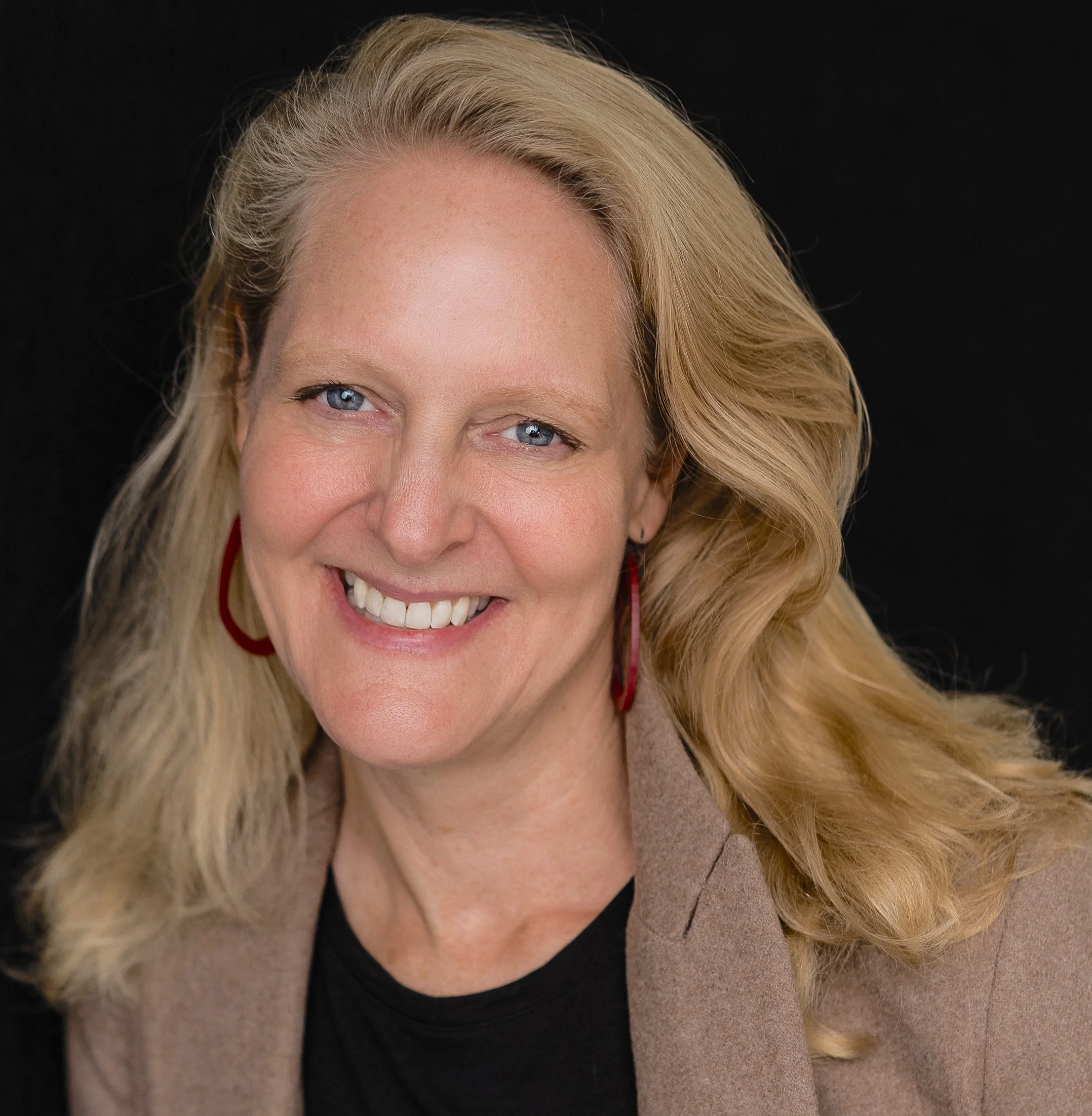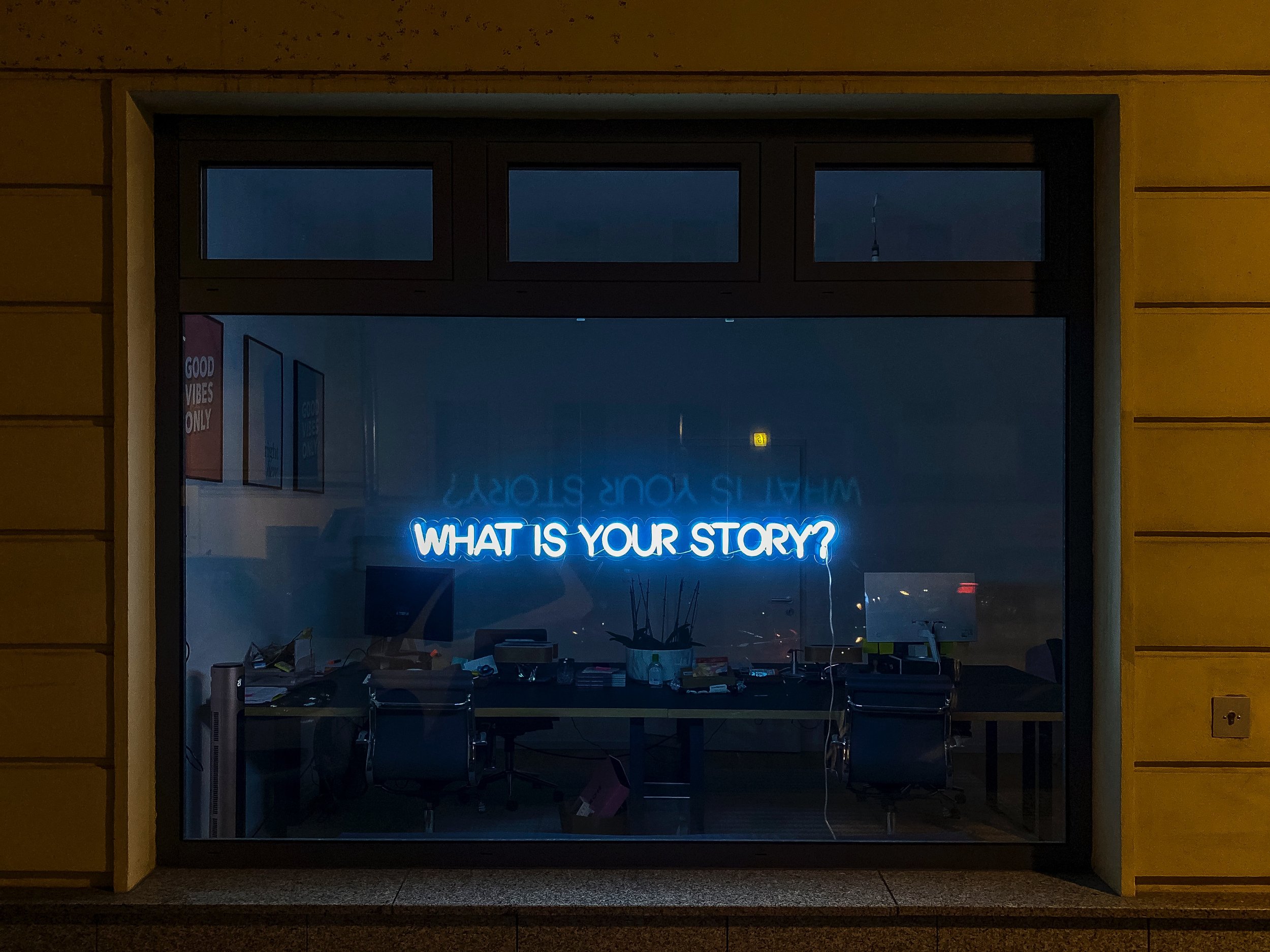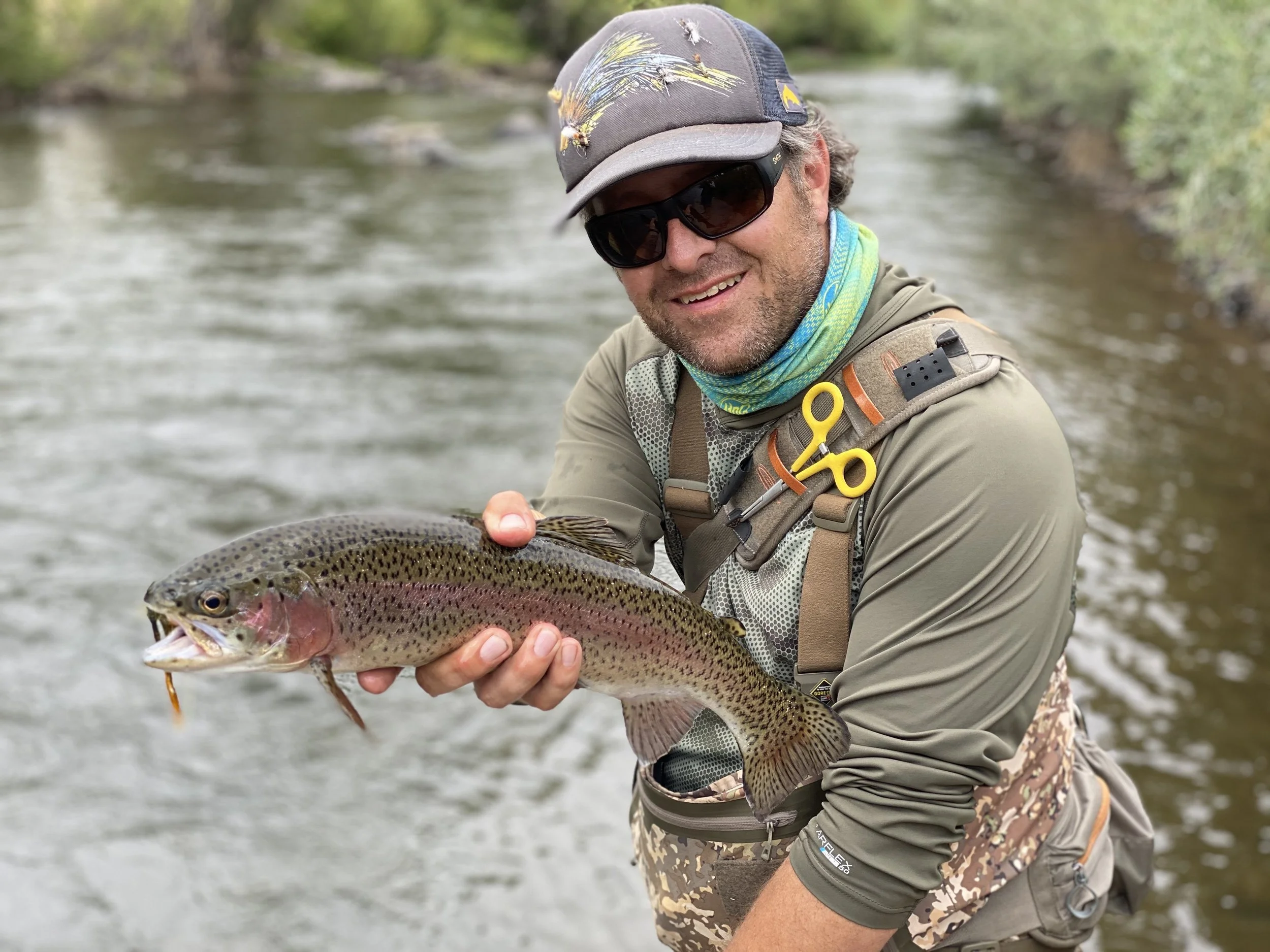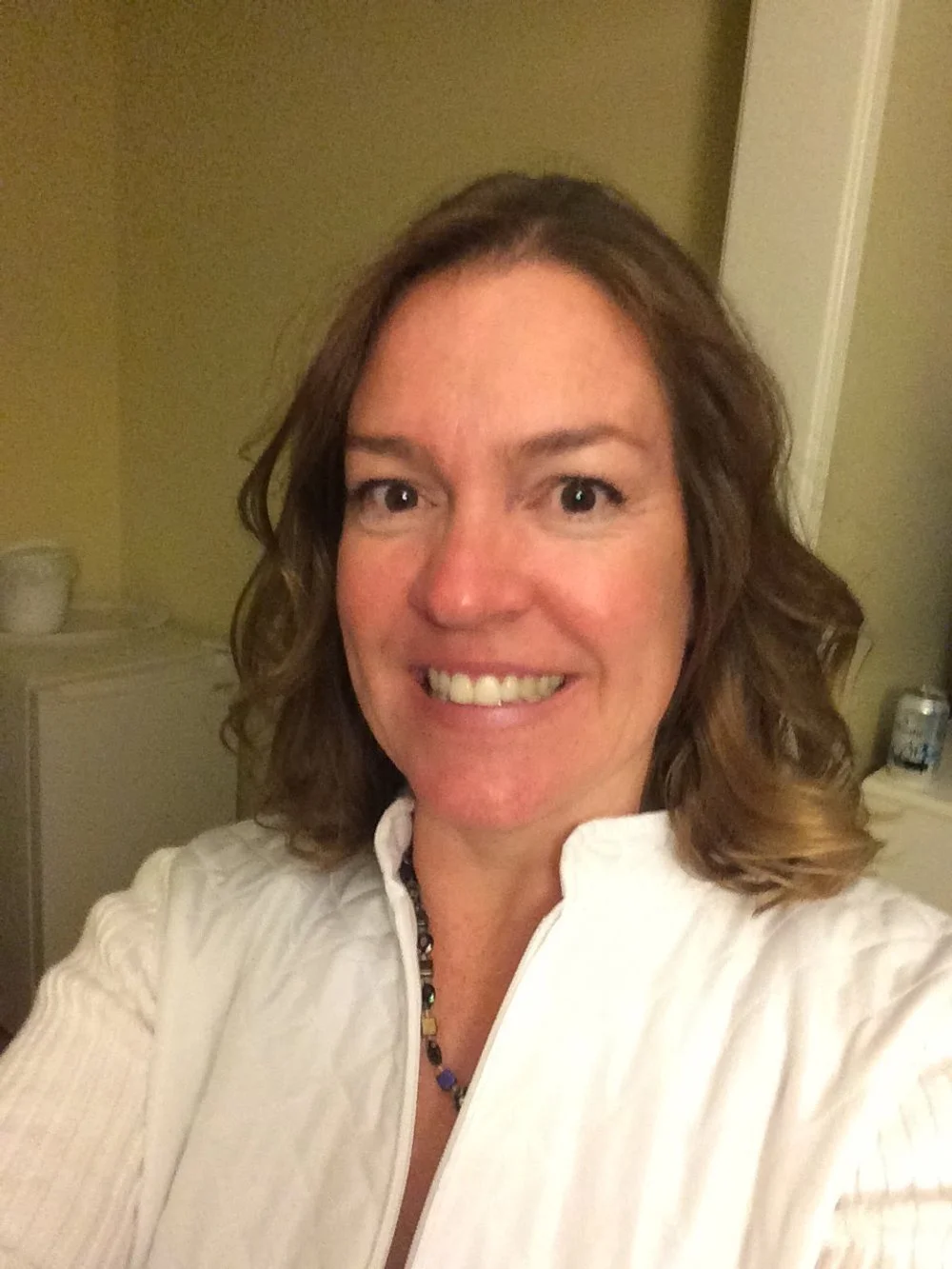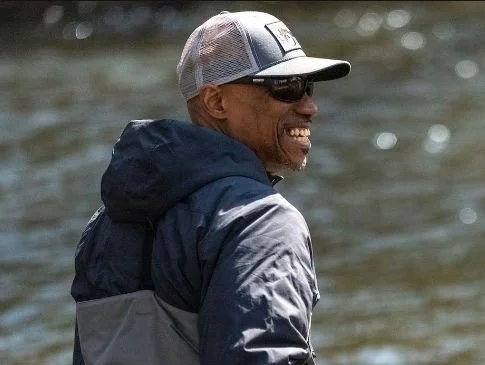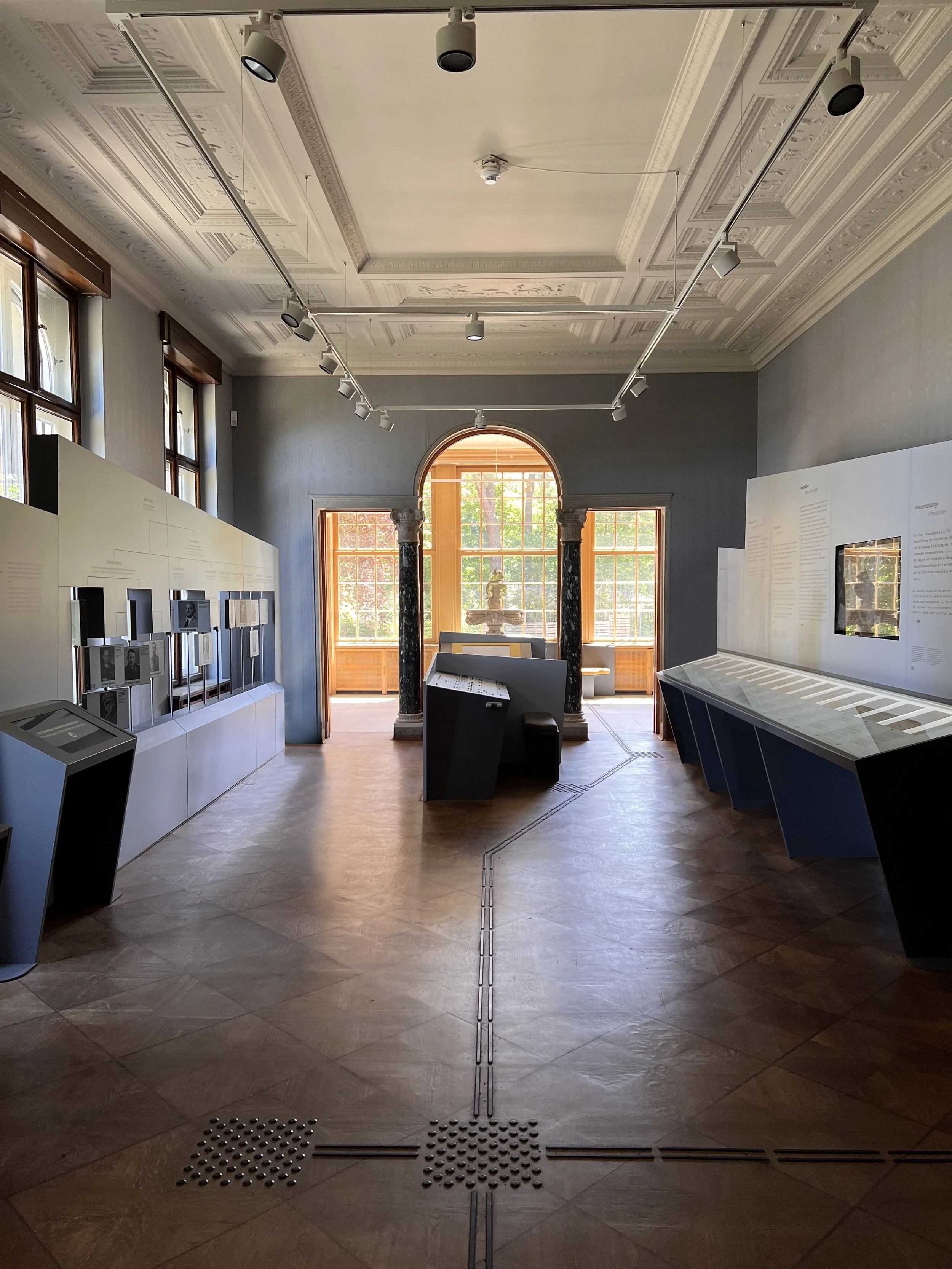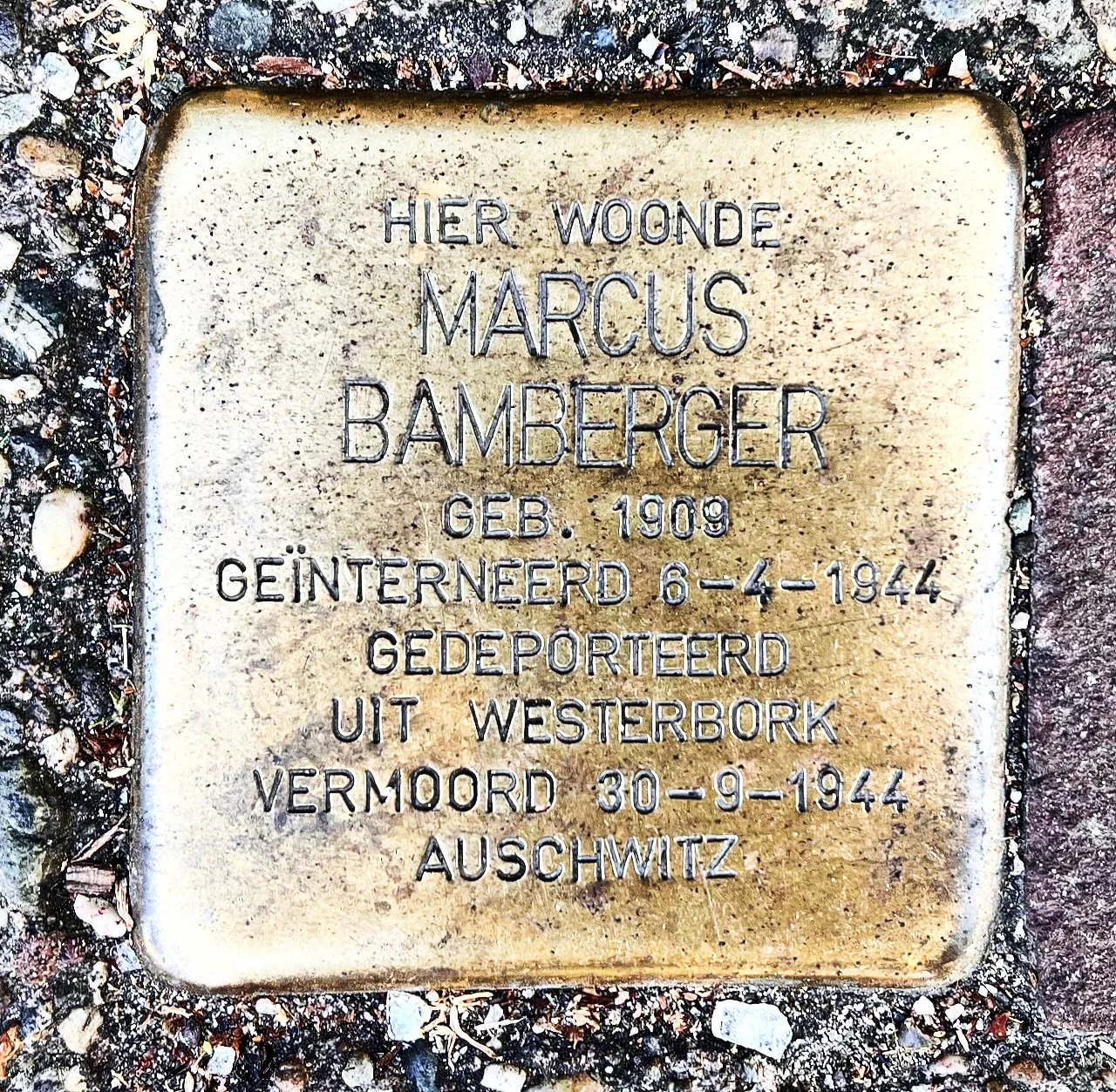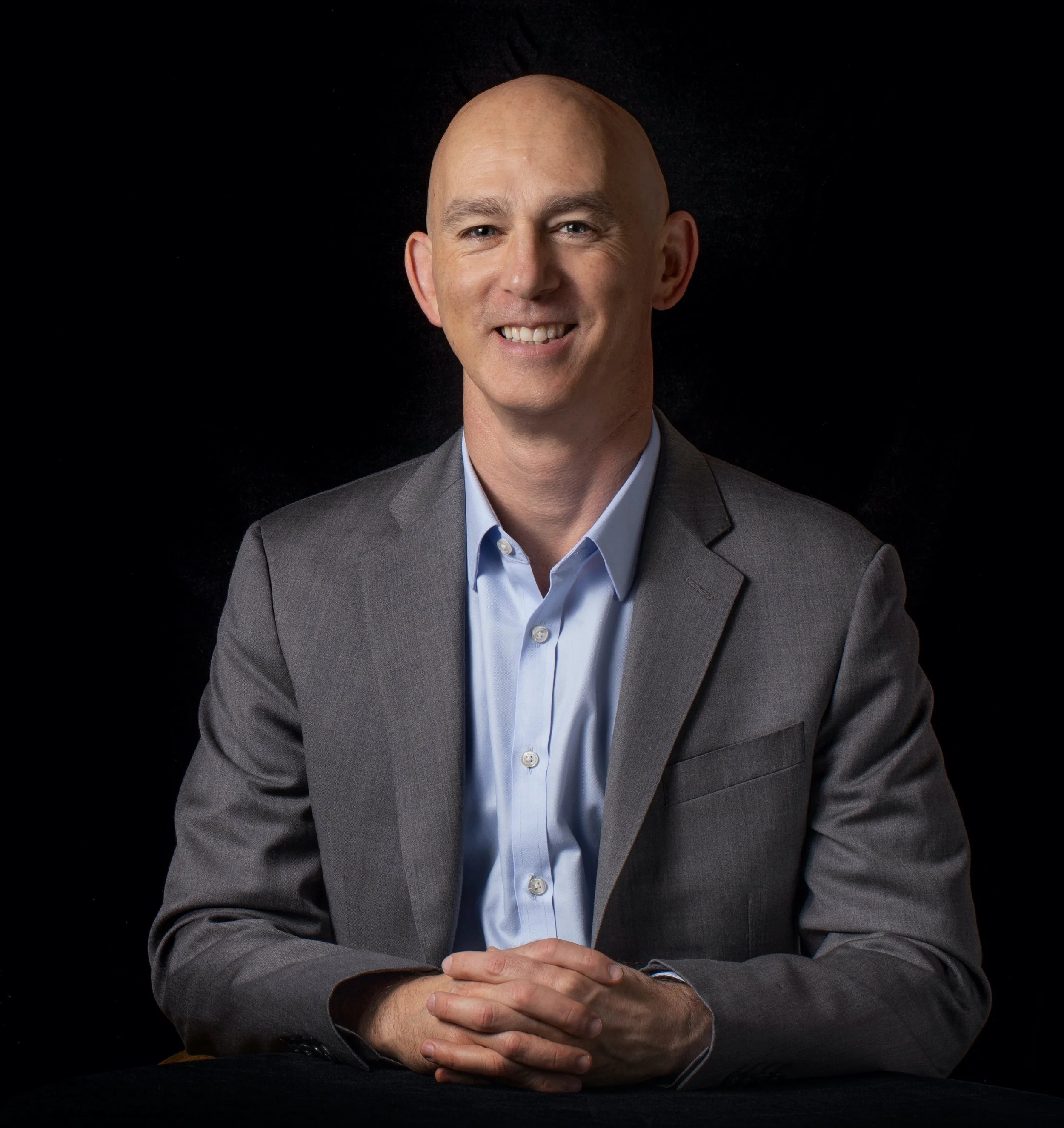Kate Jackson is the principal at Enso Wellbeing Coaching, where she works with individuals and organizations to enhance leadership, culture, communication, productivity, retention, and, ultimately, well-being. Kate is also co-author of Flyfishing - A Pathway to Wellbeing. The real story in this episode is how Kate’s personal experiences – divorce, stage 4 cancer, and an initial career in the corporate world – came together to inform how she approaches her work as a well-being coach and consultant. She speaks with hard-earned authenticity and an awareness that her message of well-being and its potential benefits must be expressed in a language that business leaders and teams are willing to hear.
Read MoreJune Hersh is a food historian and author of Jewish foods, including the highly readable Iconic New York Jewish Food: A History and Guide with Recipes. And so, she was the perfect talking partner to help us understand a truly iconic New York Jewish food, the bagel. We’ll talk about the bagel’s history, how it’s made, including why the water from upstate New York is an essential ingredient.
Read MoreIn this special edition of Getting Unstuck — Cultivating Curiosity, I rotate the mic and tell a story where, with help from my dear friend, Sarah Elkins, and some self-reflection, I extricated myself from “stuckville.
Read MoreThis is part 2 of my conversation with two very smart guys, Wade Bruffey and Zoltan Sarda, the co-founders of GoMobi.work, a partnership-driven software company that helps organizations build and optimize their employee development program. In Episode 274, I interviewed Wade and Zoltan. In this episode, they interviewed me for their podcast. Both interviews evolved into deep conversations about hiring practices, organizational purpose and culture, and leadership.
Read MoreJeanne Gutierrez is a Curatorial Scholar in Women's History at the New-York Historical Society. She is a Ph.D. candidate in History at the CUNY Graduate Center. In this episode, we discuss the thinking that goes into producing an exhibit for a major museum, in this “Women’s Work.”.
Read MoreIn this episode, author/writer/teacher Jennifer Lang, and I explore her memoir, Places We Left Behind: a memoir-in-miniature. The memoir encapsulates Jennifer’s family life in New York, California, and Israel and explores themes of conflict, commitment, belonging, and the meaning of home. The main takeaway for her readers – and our listeners – is to hold onto your voice and remain true to yourself amid the marriage partnership.
Read MoreWhat can we learn through non-traditional sources if we’re willing to look at things differently? How can we break out of our often self-imposed boundaries to see what the universe is offering us.? For example, this podcast is broadly about “education,” but specifically it’s about thinking and doing things differently to get different results. How can we view “education” more broadly than through traditional schools? And in the case of this episode, what can a fly fishing guide tell us about leadership? And how tuned in are we to seemingly random events? What can we learn from them? Fly fishing guide Spencer Seim offers his insights.
Read MoreZoltan Sarda and Wade Bruffey are the co-founders of GoMobi.work, a partnership-driven software company that helps organizations build and optimize their employee development program. Organizations using GoMobi.work’s frameworks build systems that foster clarity, empower high performance, and help team members take aligned actions. With GoMobi.work, organizations create transformation that lasts.
Read MoreAnnette Taylor is a part-time researcher of evolutionary psychology who works to understand how our common biology, which evolved from our days as cave dwellers, may help explain various social and antisocial behaviors today. “We each have a cave dweller inside of us. Get to know yours better.”
Read MoreIn this episode, guest Scot Simmons, husband, father, and fly-fishing guide, explores his personal journey out of addiction and depression through the healing powers of nature and community.
Read MoreIn this episode, I travel to Berlin, Germany, and the Bebelplatz, a large square in the city's center. As calming as the setting is today, it was anything but on the night of May 10, 1933. There, a mob of Nazis, Nazi-leaning students, and citizens gathered to burn an estimated 20,000 books the Nazi regime had deemed culturally and spiritually unfit.
Read MoreAfter spending 30 years as an accountant, Tammy Hader traded the spreadsheets and balance sheets for the blank page and blinking cursory of a writer. The bio she sent me starts with the line, “Tammy Hader possesses no academic writer’s pedigree.” In Tammy’s case, a keen eye for today’s human condition, unflinching personal honesty, an ability to harvest and shape key memories from her past, and an obvious love of words have combined to produce a memoir of deep and timely significance. She is a writer.
Read MoreDoug Peacock, a Vietnam veteran and wilderness enthusiast, returned from the war to witness the devastating effects of industrialization and destruction in the American West. This experience motivated him to protect and preserve the wilderness, leading to a lifelong commitment to environmental activism.
Read MoreIn Part 3 of my series, “What I Learned During My Summer Vacation,” I travel to Wannsee, Germany, a suburb of Berlin, where on January 20, 1942, 15 high-ranking Nazis gathered in a villa to resolve various aspects of the “final solution of the Jewish problem.”
Read MoreIn this episode, lifelong educator Steve Miletto EdD and I use the book Rocket Boys by Homer H. Hickam Jr. to discuss student agency: student voice and choice about what and how they want to learn.
Read MoreIn this episode, Matthew Berger, the Executive Director of the Foundation Combating Anti-Semitism, discusses the work performed by the Foundation to Combat Antisemitism (FCAS), which Robert Kraft launched in 2019. FCAS aims to raise awareness about antisemitism and build alliances to fight Jewish hate through various strategies, including advertising, education, and symbolizing support through the Blue Square campaign.
Read MoreKevin and Sue Harter began their journey of operating an inn more than 25 years ago. Life intervened, and it wasn’t until the summer of 2019, that they took the leap when they made an impulsive visit to the inn that had been Norman Rockwell’s former home and studio in Arlington, VT. From the moment they drove over the covered bridge, they knew they were about to write their next chapter. By the end of 2019, they became Vermonters and renamed the property “Rockwell’s Retreat.”
Read MoreIn this episode, I trace the mental and physical journey I recently traveled in the Netherlands to grasp the murder of 102,000 Dutch Jews during WWII at the hands of the Nazis. I wanted to move beyond the number and get to the human beings. The larger mental issue I faced was confronting the remnants of hate I saw and how they drove me toward hate.
Read MoreMost of the time, when anyone talks about reforming education to meet the demands of the 21st century, we look at grades K-12. But my guest in this episode, Mike Magee, President of Minerva University, worked with others to completely redesign the role and operation of higher education. Listen to find out why Minerva University was ranked “the most innovative university in the world.”
Read MoreRenée Smith is the founder and CEO of A Human Workplace, a global movement, and consultancy committed to making work more human. Renée and I discussed her journey into organizational development and why she started her organization, A Human Workplace, which aims to eliminate fear in the workplace. In this episode, we focus on the antidote to fear in the workplace: love.
Read More
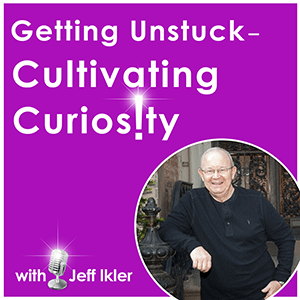 Curiosity sits at the intersection of creativity, effective human interactions, problem-solving and purposeful change. Unfortunately, the pace of life — at home, work, and school — often sidetracks our natural curiosity. So, listen as we look at the familiar from a different angle or something new as a possibility to consider.
Curiosity sits at the intersection of creativity, effective human interactions, problem-solving and purposeful change. Unfortunately, the pace of life — at home, work, and school — often sidetracks our natural curiosity. So, listen as we look at the familiar from a different angle or something new as a possibility to consider.
